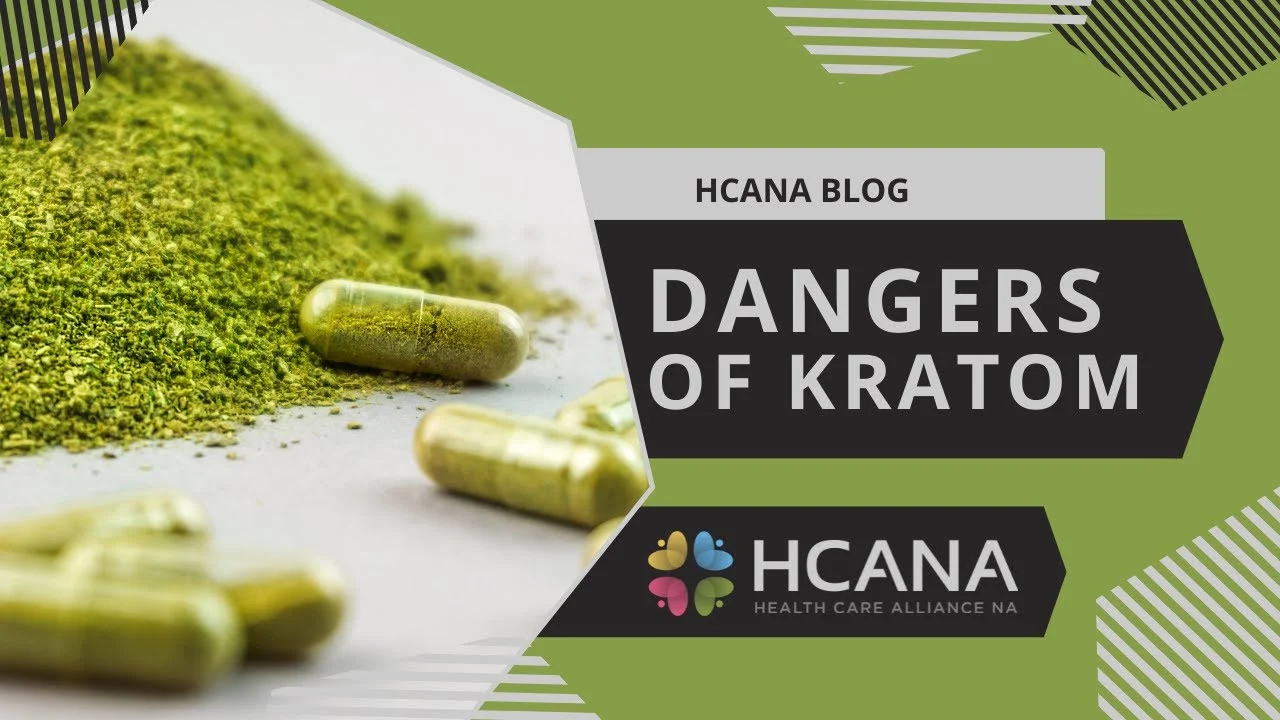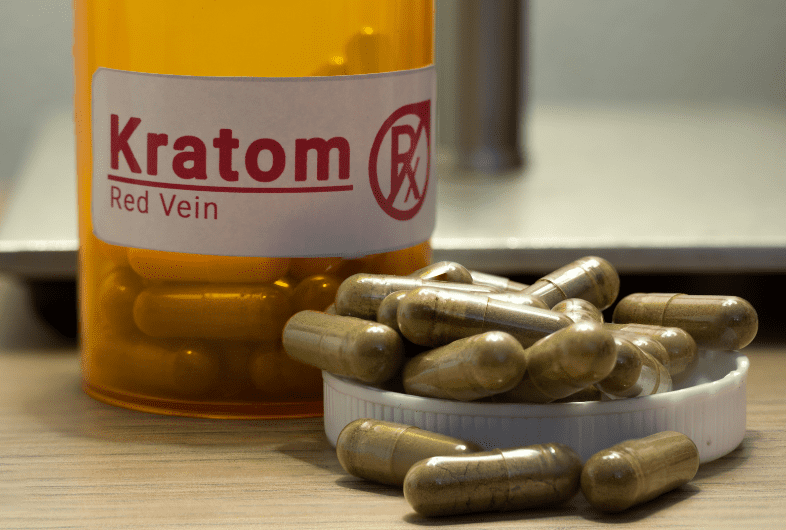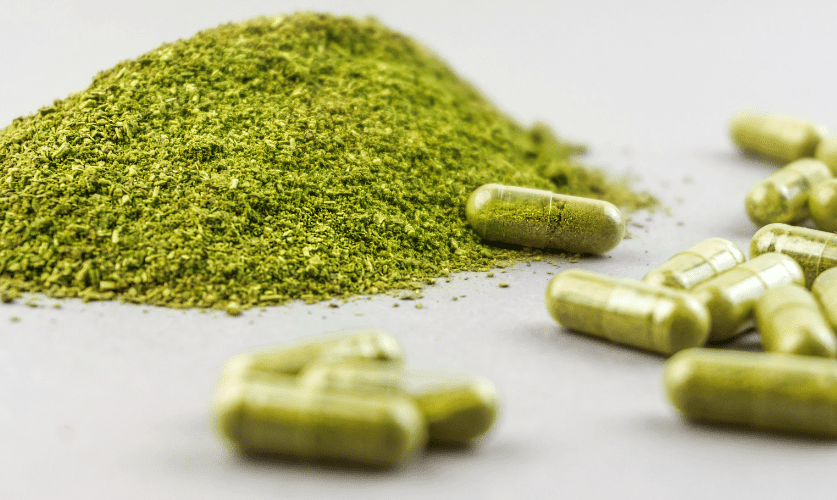The kratom plant has been used as an herbal supplement for centuries. It has recently gained popularity in the United States and Europe as a natural remedy for anxiety, depression, and other conditions. But is kratom dangerous? Many people are unsure about whether it’s safe to use or not. Read on to learn more about this unique plant and its potential benefits or risks.
What Is Kratom?
Kratom is a tropical tree that is found in Southeast Asia. It is in the same family as the coffee tree. There are two types of kratom: Red kratom and green kratom. As the names suggest, red kratom leaves are reddish in color, and green kratom leaves are green. Kratom is often used to relieve pain, reduce anxiety, and improve mood.
Kratom is touted as a natural alternative to prescription medications and a way to help reduce opioid addiction. Some people use kratom as a stimulant, while others use it as a way to reduce anxiety and treat depression. Kratom is often sold as a powder, capsule, or tea. You can also find kratom in various forms such as chewing gum, gummi bears, lollipops, or even chocolate bars.
Is Kratom Dangerous?
It’s important to understand that kratom is a natural product. It does not have addictive properties like other drugs do, such as opioids. Rather, kratom has been used for centuries as an herbal remedy for pain and anxiety. You may have seen headlines recently claiming that kratom is dangerous and could cause death.
While there have been some deaths associated with kratom use, they are rare and there are clear reasons why they happened. Just like any other substance, kratom can be dangerous if misused or consumed in large amounts. Even water or caffeine can be dangerous if you consume too much. In fact, caffeine overdoses are one of the top causes of emergency room visits in the United States.
Health Benefits of Kratom
Kratom may have health benefits such as reduced anxiety, effective pain relief, and help with opioid withdrawal. Here are some of the potential health benefits of kratom:
- Pain Relief – Kratom has been used for centuries to treat pain. It has analgesic effects that can help with pain from conditions such as fibromyalgia, joint pain, and headaches.
- Mood Improvement – There have been some studies suggesting that kratom may help with depression and anxiety. However, more research is needed to confirm these benefits.
- Slow the Liver Damage from Opioids – Some people use kratom as a natural way to slow liver damage from opioid use. Kratom has alkaloids that have been shown to help protect the liver from the damage caused by medications such as oxycodone and morphine.
- Reduce the Side Effects of Chemotherapy – Kratom has been shown to reduce side effects of chemotherapy, such as nausea, vomiting, and loss of appetite.
Side Effects of Kratom
Before you use kratom, it’s important to understand the side effects of kratom. While kratom has been used safely for centuries, there are some individuals who may be at risk for side effects. They include young people, pregnant women, people who have a medical condition, and people who take medications. Some of the side effects of kratom include:
- Nausea and Vomiting – Some people who use kratom experience nausea and vomiting. This may be due to the fact that kratom can have the same side effects as chemotherapy.
- Sweating – Others experience sweating, especially in their hands, underarms, and feet. This is due to the fact that kratom can elevate your body temperature.
- Increased Heart Rate – Some people who use kratom experience an increase in heart rate. This can be a concern for individuals with heart conditions.
- Dry Mouth – Others experience dry mouth due to kratom’s ability to dry out your mouth.
The Rise in Popularity of Kratom
There’s been a rise in the popularity of kratom in recent years. Some people are using kratom for health benefits such as managing pain, anxiety, and opioid withdrawal. Kratom has many potential benefits, but it also comes with potential risks. It’s important that you understand these risks before using the herb.
You can find kratom in many supplement stores and online. While there are many positive reviews about kratom, some people say it’s addictive. Just like with any other supplement, it’s important to take it as directed and to use it in moderation. Be mindful of the dosage that you take and do not take more than the recommended amount.
Should You Use Kratom?
Now that you understand what kratom is and what it can do, the next question is whether or not you should use it. Kratom is a natural herb, and it has been used safely for centuries. Before you decide to use kratom, you should be aware of the risks associated with it. You should also understand how to use kratom safely. If you are in pain or are dealing with anxiety, it may be a good idea to try kratom.
But if you are taking medications, you should talk with your doctor before taking kratom. It’s important to note that not enough is known about kratom to say whether it’s effective or safe. You don’t know what other chemicals are in kratom or how it’s processed. Of course, this is also true for pharmaceutical drugs. You may decide to try kratom, but you should be aware of the potential side effects and risks.
The Bottom Line
Kratom is a natural herb that has been used for centuries. It is often used to relieve pain, reduce anxiety, and help with opioid withdrawal. Some people use kratom to slow the liver damage caused by opioid use.
Kratom is also known to cause nausea, vomiting, and sweating. There has been a rise in the popularity of kratom in recent years. You may decide to try it, but you should be aware of the potential side effects and risks. It’s important to remember that not enough is known about kratom to say whether it’s effective or safe.
Asheville Recovery Center is Here
Fortunately, there are ways to prevent unhealthy behaviors and help those who are already struggling. If you or someone you know is struggling with addiction or mental health, it is important to get treatment. At Asheville Recovery Center treatment specialists utilize a 12-step program and practice holistic rehabilitation.
Services at the center include:
partial hospitalization program – At Asheville Recovery Center we offer a partial hospitalization program for clients who need post-residential treatment as well as for clients who need primary treatment but are unable to enroll in inpatient programs. Our PHP track offers a variety of therapeutic services and benefits to individuals in early recovery from substance addiction.
Outpatient Rehabilitation – During intensive outpatient treatment (IOP), clients live at home or in a sober living residence while completing an addiction treatment program. IOP is a place where clients can process their experiences in twelve-step fellowships and support one another in those individual journeys.
Addiction is difficult to overcome alone. If you feel that you or a loved one is struggling, our specialists are on standby and ready to help. Call and speak with an addiction expert today.










